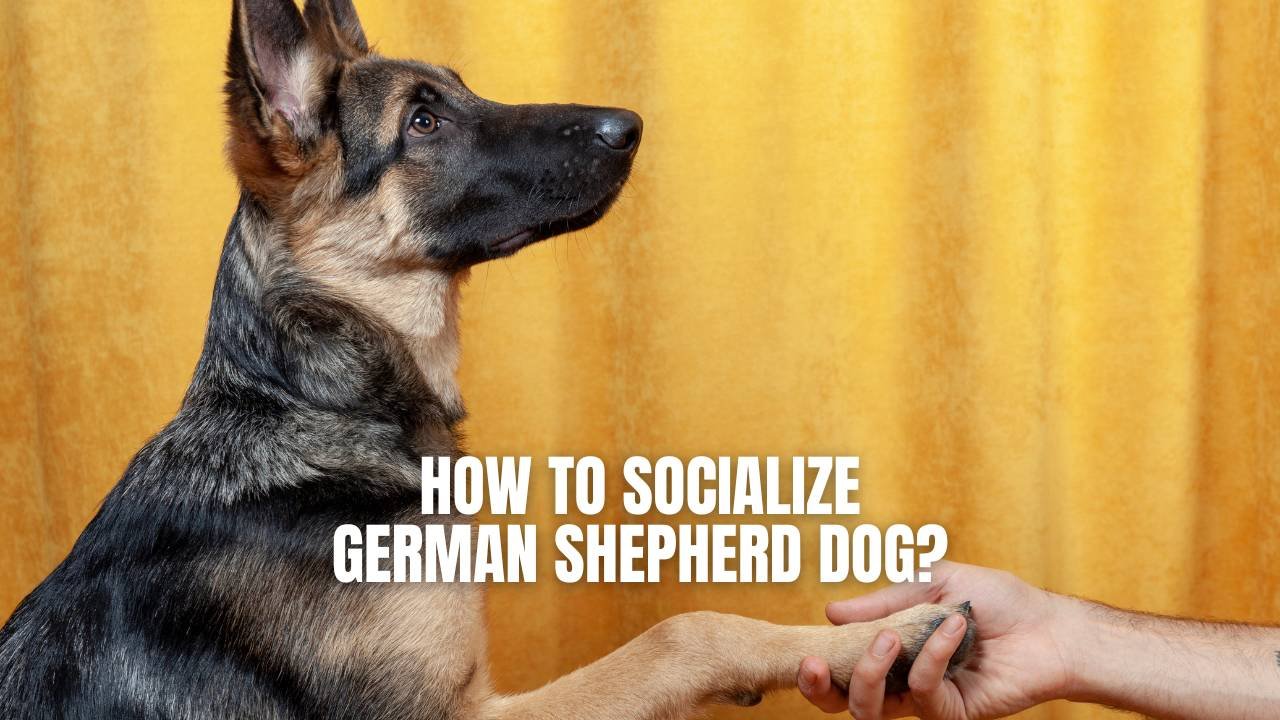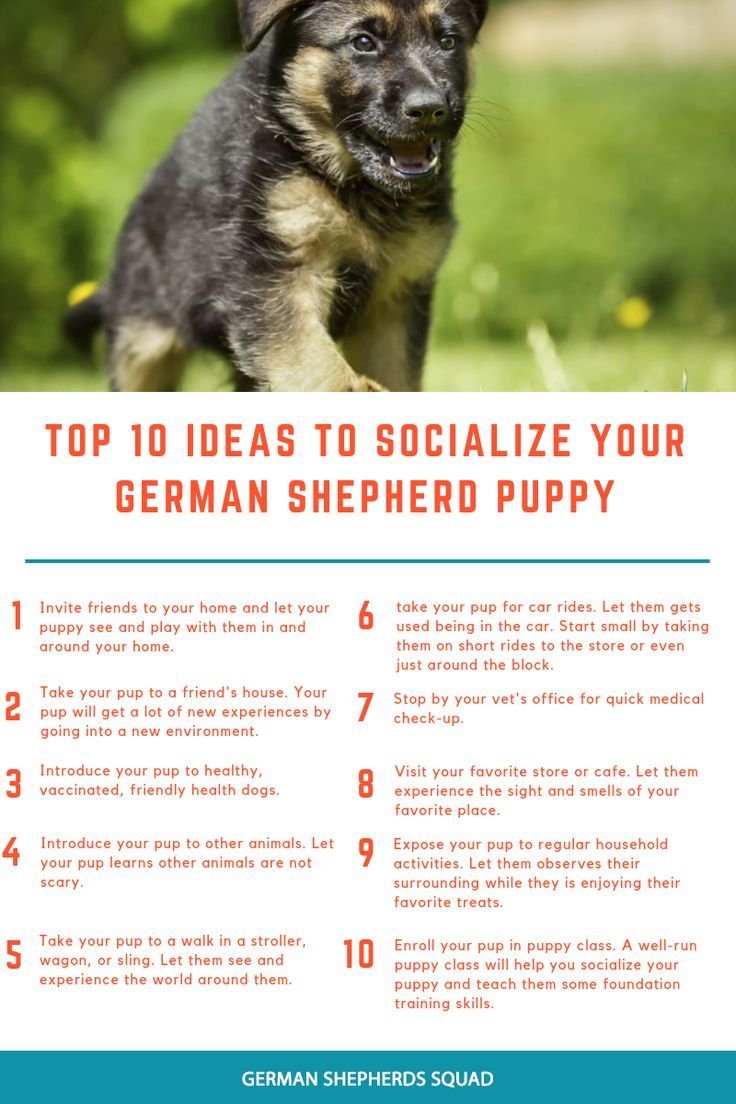So, you’ve just brought home a lively and adorable German Shepherd puppy, but you may find yourself wondering how to best socialize them. Well, fear not, because we’re here to guide you through the process of socializing your furry friend with ease and confidence. Socializing a German Shepherd puppy is essential for their overall wellbeing, helping them develop into a well-rounded and balanced adult dog. By exposing your puppy to various people, animals, and environments, you will lay the foundation for a friendly, sociable, and confident companion for life. Let’s dive in!
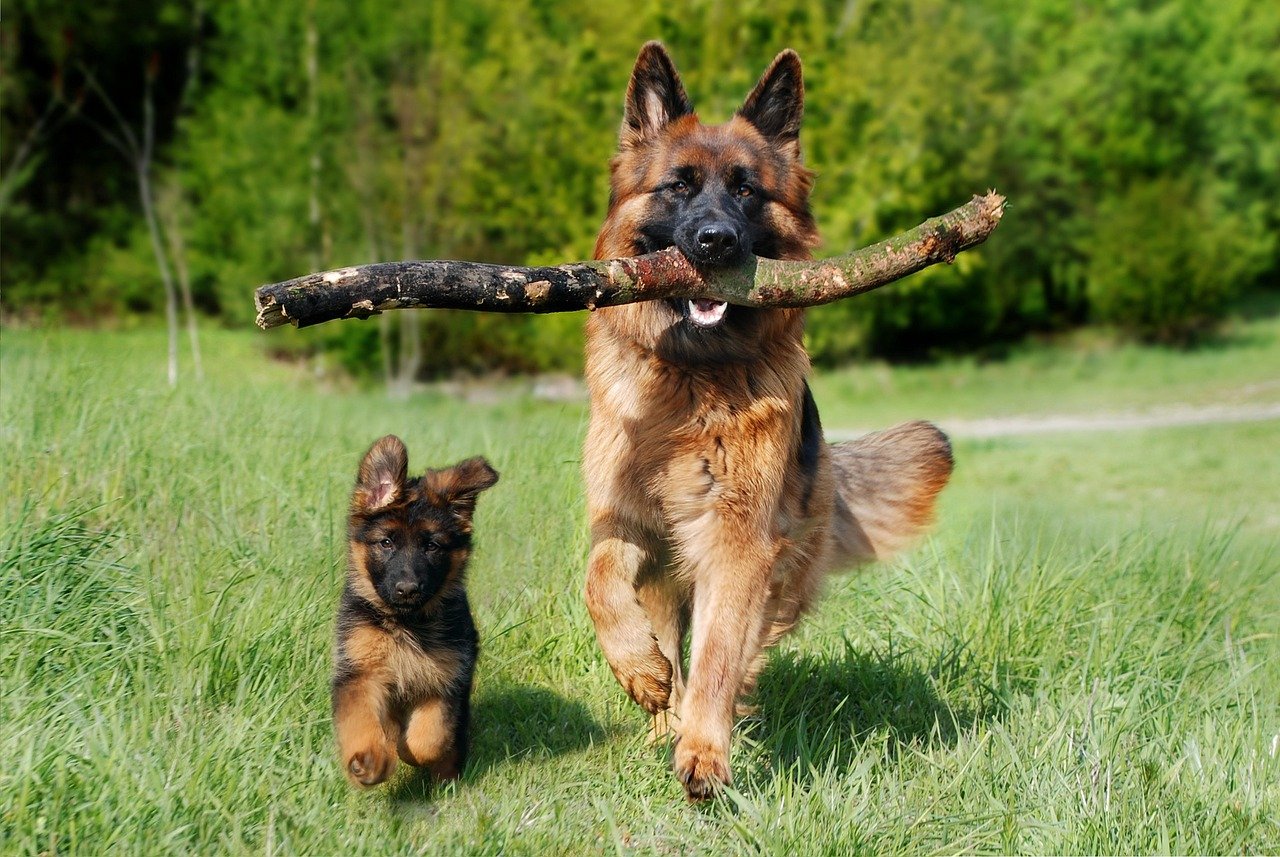
Why is socialization important for German Shepherd puppies?
Socialization is a crucial aspect of raising a German Shepherd puppy. It plays a significant role in building a strong foundation for their future development and overall well-being. By exposing your German Shepherd puppy to a variety of people, animals, places, and experiences, you can help them become well-rounded and confident adults. Socialization also has the added benefit of reducing fear and anxiety in your puppy while preventing potential behavioral issues down the line.
Building a strong foundation
Early socialization is the key to building a strong foundation for your German Shepherd puppy. During their early weeks of life, puppies are particularly receptive to new experiences, making it the perfect time to introduce them to various stimuli. By exposing your puppy to different people, environments, and situations, you are laying the groundwork for a confident and resilient adult dog. Socialization helps them grow accustomed to new sensations, sounds, and sights, making them less likely to become anxious or fearful later on.
Reducing fear and anxiety
Socialization plays a significant role in reducing fear and anxiety in German Shepherd puppies. If a puppy is not adequately socialized, they may become fearful of new people, animals, or situations, which can lead to anxiety-related behaviors such as excessive barking, aggression, or destructive tendencies. By gradually exposing your puppy to different stimuli in a positive and controlled manner, you can help them feel more comfortable and confident in their surroundings.
Preventing behavioral issues
Another crucial benefit of socialization is preventing behavioral issues in German Shepherd puppies. Dogs that have not been properly socialized are more prone to developing aggressive or fearful behaviors, as they may perceive unfamiliar situations as threats. Early and consistent socialization can help your German Shepherd puppy learn appropriate behaviors and become more adaptable to different situations. This can prevent common issues such as aggression, separation anxiety, and excessive barking, which can be challenging to address later on.
When and where to start socialization
Early socialization
Early socialization should begin as soon as you bring your German Shepherd puppy home. Ideally, you should start socializing them between the ages of 3 to 14 weeks, as this is the critical period for their development. During this time, their brains are highly plastic, and they are more receptive to new experiences. However, it’s important to remember that socialization should be a continuous process throughout their lives, even after this critical period has passed.
Safe and controlled environments
When socializing your German Shepherd puppy, it’s crucial to create safe and controlled environments. Choose locations that have low distractions and are free from potential hazards. This will help ensure your puppy’s safety and allow them to focus on the socialization process without becoming overwhelmed. As your puppy becomes more comfortable, you can gradually introduce more challenging environments, such as busier parks or bustling city streets.
Socializing with humans
Family members
Start by socializing your German Shepherd puppy with immediate family members. Encourage them to interact gently and positively with the puppy, offering treats and praise for good behavior. This will help your puppy build positive associations with familiar faces and become comfortable around the people they will be spending the most time with.
Friends and neighbors
Expand your German Shepherd puppy’s social circle by introducing them to friends and neighbors. Invite people over to your home or arrange playdates in neutral environments. Encourage your puppy to interact with different individuals, ensuring that each interaction is positive and rewarding. This will help your puppy become more comfortable around a variety of people, making them more sociable and less anxious in different social settings.
Strangers
It’s crucial to expose your German Shepherd puppy to strangers as part of their socialization process. This will help them become comfortable around new faces and reduce the likelihood of fear-based aggression. Take your puppy on walks in busy areas, gradually exposing them to strangers. Allow strangers to offer treats and interact with your puppy in a positive manner, helping them associate unfamiliar people with pleasant experiences.
Socializing with other animals
Introducing to other dogs
Socializing your German Shepherd puppy with other dogs is essential for their development. Arrange controlled playdates with vaccinated and friendly dogs, ensuring that the interactions are positive and supervised. This will help your puppy learn proper doggy manners, improve their communication skills, and build healthy relationships with other canines. Remember to introduce them gradually and always watch for signs of discomfort or aggression.
Interacting with different species
In addition to socializing with other dogs, it’s beneficial to expose your German Shepherd puppy to other animal species. Introduce them to cats, rabbits, or any other animals you may have at home or encounter in your community. This exposure will help them become familiar with different animals and learn to coexist peacefully. Always supervise these interactions to ensure the safety of all animals involved.
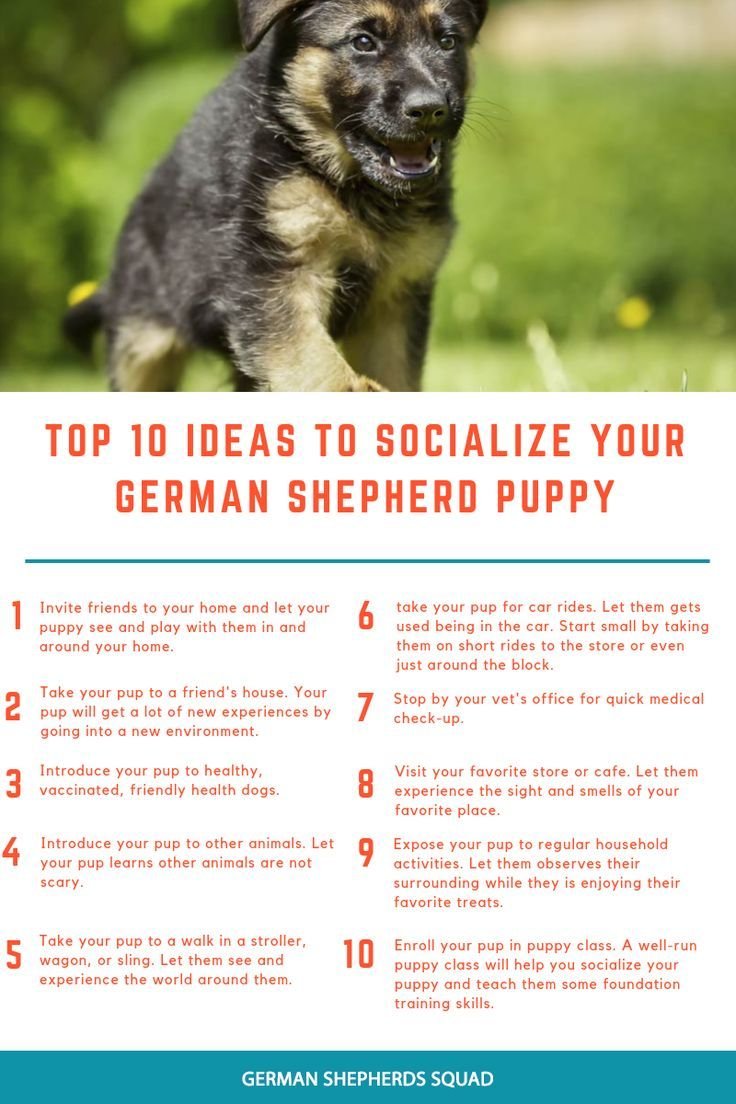
Positive reinforcement and rewards
Use of treats and praise
Positive reinforcement is a vital component of socialization for German Shepherd puppies. Use treats, praise, and affection to reward your puppy for desired behaviors and appropriate interactions. When they approach new people or animals calmly, offer treats and praise. This positive association will help your puppy view socialization as a rewarding experience, encouraging them to engage in positive behaviors when encountering new situations.
Training exercises
Incorporating training exercises into socialization sessions can further reinforce positive behaviors. Practice basic obedience commands such as “sit,” “stay,” and “leave it” during socialization outings. This will enhance your puppy’s responsiveness to commands and reinforce your role as a leader. Training exercises also provide mental stimulation, which is essential for a well-rounded and responsive German Shepherd.
Encouraging good behavior
During socialization outings, focus on encouraging and rewarding good behavior rather than correcting undesirable actions. If your puppy becomes fearful or anxious, redirect their attention to something positive or remove them from the situation. By reinforcing good behavior instead of punishing bad behavior, you will foster a positive learning environment and help your German Shepherd puppy feel more confident in different social situations.
Exposure to various environments
Different locations and settings
To promote well-rounded socialization, expose your German Shepherd puppy to various locations and settings. Take walks in different neighborhoods, visit local parks, go for car rides, or even bring your puppy to pet-friendly stores. By experiencing different environments, your German Shepherd puppy will become more adaptable and comfortable in various situations.
Noises and distractions
Socialization should also include exposure to different noises and distractions. Introduce your puppy to common household sounds, such as the vacuum cleaner, doorbell, or hairdryer. Gradually expose them to louder noises like fireworks, cars honking, or crowds of people. This will help them become accustomed to different sounds, reducing the likelihood of fear or anxiety in response to unexpected noises.

Gradually increasing challenges
Progressive exposure
When socializing your German Shepherd puppy, it’s essential to gradually increase the level of challenge. Start with low-intensity interactions, such as controlled playdates or quiet environments, and then gradually progress to busier parks, larger gatherings, or more stimulating environments. This progressive exposure will allow your puppy to build confidence at their own pace, ensuring they don’t become overwhelmed.
Gradually introducing new experiences
Introduce new experiences one step at a time to prevent overwhelming your German Shepherd puppy. If you want to expose them to something like water, for example, start by dipping their paws in a shallow pool or taking them for short walks near a lake or beach. Gradually increase their exposure to the new experience as they become more comfortable and confident. This approach will help them develop a positive association with new and potentially challenging experiences.
Training and obedience classes
Finding a reputable trainer
Enrolling your German Shepherd puppy in training and obedience classes can greatly aid their socialization process. Look for a reputable trainer who has experience working with German Shepherds and emphasizes positive reinforcement techniques. A skilled trainer can help guide you in properly socializing your puppy and address any specific behavioral concerns. They can also provide valuable insights into your puppy’s progress and offer tailored advice for their ongoing development.
Importance of structured learning
Training and obedience classes not only focus on teaching basic commands but also provide structured learning experiences that promote socialization. These classes typically involve controlled interactions with other dogs and people, which help your German Shepherd puppy learn appropriate social behaviors. Additionally, the structured nature of these classes can help improve their focus, impulse control, and overall obedience.
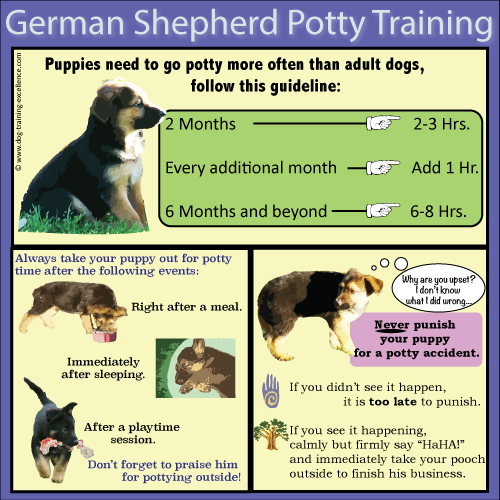
Recognizing signs of stress or fear
Understanding body language
One of the essential aspects of socializing your German Shepherd puppy is learning to recognize signs of stress or fear. It’s crucial to understand your puppy’s body language to identify when they are uncomfortable or overwhelmed. Signs of stress can include excessive panting, drooling, trembling, or avoiding eye contact. If you notice any of these signs, remove your puppy from the situation or give them a break.
Avoiding overwhelming situations
To ensure successful socialization, it’s important to avoid overwhelming your German Shepherd puppy. Pushing them too quickly or exposing them to challenging situations without proper preparation can have adverse effects on their development. Pay attention to your puppy’s comfort level, and take socialization outings at their pace. Remember that each puppy is unique, and what may be challenging for one may be easier for another. Adapt your socialization plan accordingly to suit your puppy’s individual needs.
Maintaining socialization throughout adulthood
Continued exposure to new experiences
Socialization should not stop after the critical period of puppyhood. To maintain a well-socialized German Shepherd, it’s essential to continue exposing them to new experiences throughout their adult life. Regularly introduce them to new people, animals, and environments, ensuring that each encounter is positive and rewarding. This ongoing exposure will help your German Shepherd remain adaptable, confident, and comfortable in various social situations.
Regular social interactions
Regular social interactions with both humans and animals are essential for the overall well-being of your German Shepherd. Encourage your dog to interact with friends, family, and other dogs during walks, visits, or playdates. Attend dog-friendly events or join local dog organizations to provide your German Shepherd with opportunities to meet new people and dogs. By maintaining regular socialization, you are ensuring that your German Shepherd remains a friendly and well-adjusted member of society.
In conclusion, socialization plays a critical role in the upbringing of German Shepherd puppies. By building a strong foundation early on, reducing fear and anxiety, and preventing behavioral issues, socialization sets the stage for a balanced and confident adult dog. Starting socialization early, exposing your puppy to various humans and animals, utilizing positive reinforcement, gradually increasing challenges, participating in training classes, and maintaining socialization throughout their life are all key factors in raising a well-socialized German Shepherd. So go out there, bond with your puppy, and create positive experiences that will shape them into the wonderful adult dog they are destined to become!
